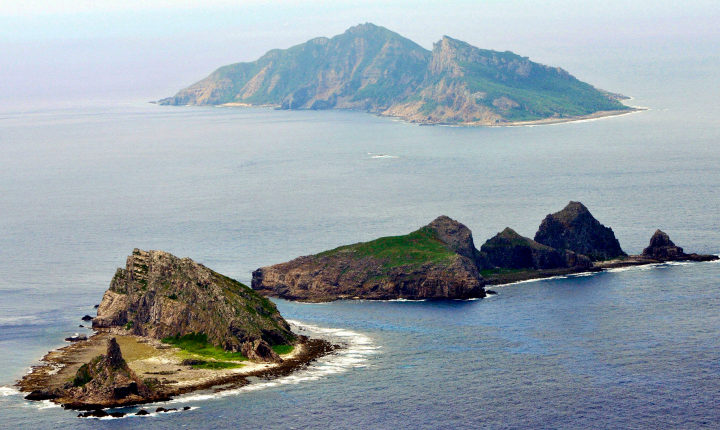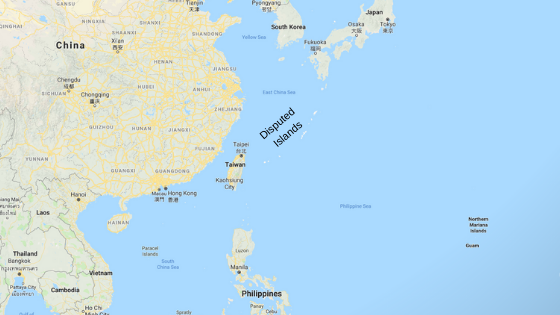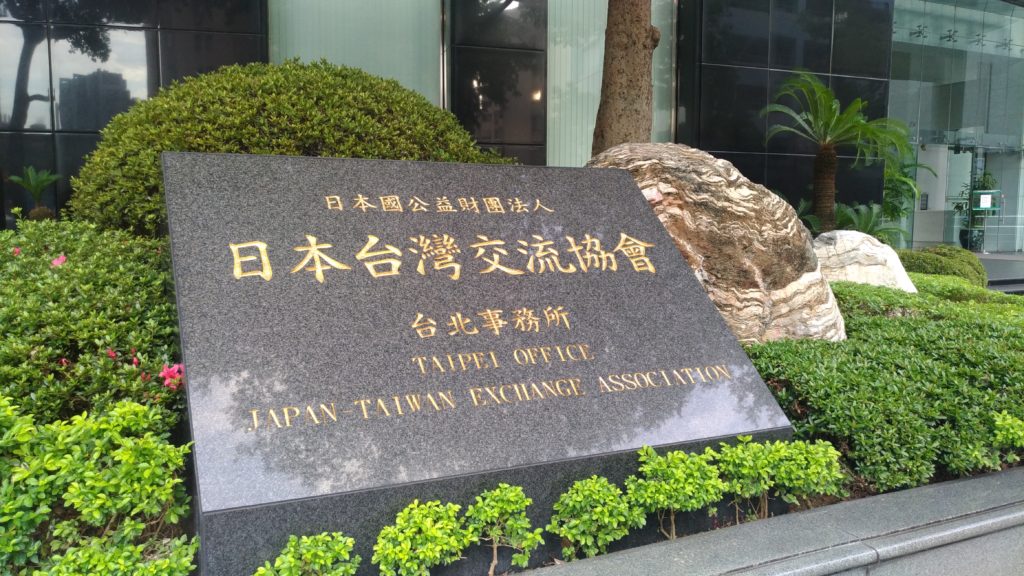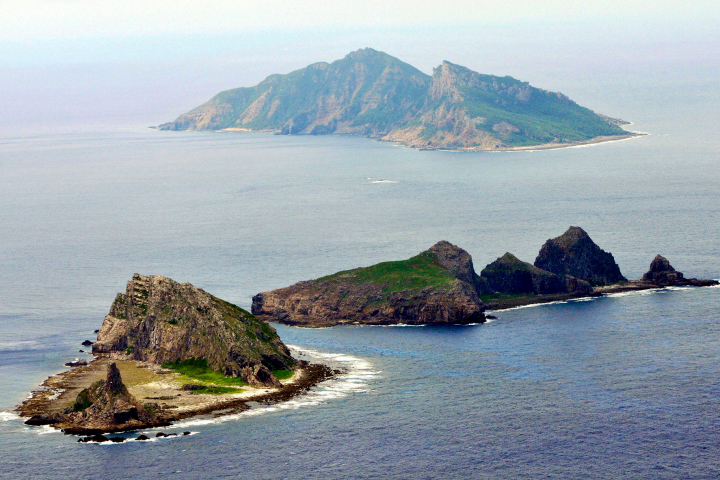The Council of Yilan officially renamed the Diaoyutai Islands “Toucheng Diaoyutai” on June 11th, 2020, arguing that the Diaoyutai Islands have always belonged to the R.O.C (Taiwan).
The move at county level with its effect on national politics is now being interpreted as Taiwan’s reaction to Japan’s recent moves regarding the islands, known in Japanese as the Senkaku islands.
In response to Japan’s Ishigaki City Council in Okinawa prefecture holding a name-change vote for the islands yesterday, the mayor of Yilan county Lin Zi-miao had earlier in the month declared the Diaoyutai Islands “an administrative area of Yilan.”
Lin also invited president Tsai Ing-wen to visit the islands together in a move aimed at demonstrating Taiwan’s sovereignty over the island cluster.
Tsai declined Lin’s request on June 10th, although the president has more than once reiterated Taiwan’s territorial rights over the islands.
“The Diaoyutai Islands are part of the R.O.C (Taiwan),” Tsai said, “Taiwan is dedicated to putting aside the disputes, and cooperating with other countries.”
In the end, Tsai promised that the central government will be careful on handling issues regarding the islands, at the same time safeguarding Taiwan’s sovereignty and maintaining peace as well as stability in the region surrounding the Diaoyutai Islands.
The opposition Kuomintang (KMT) chairman Chiang Chi-chen, however, didn’t seem to fully accept the statement made by Tsai.
“The Democratic Progressive Party (DPP) should confront the Diaoyutai issue rather than verbally make promises,” Chiang said, also expressing hope that President Tsai would visit the islands with him and Yilan fishermen to take practical measures to deal with Japan’s moves.
Chiang further indicated, “there ought to be no partisanship in the Diaoyutai issues.”
The chairman strongly backed the Yilan Council’s rectification of the islands’ issue, at the same time criticizing Tsai for her “pointless political slogans” and for her lack of practical moves regarding the dispute.
Chiang also suggested Tsai talk to Japan’s representative to Taiwan and make clear Taiwan’s stance on the issue of Diaoyutai sovereignty.
“Our president should issue a warning to Japan’s authority,” said Chiang, “in order to protest against Japan’s authoritative moves of renaming the Diaoyutai Islands.”
Hsieh Chang-ting, Taiwan’s representative to Japan, is now being asked by the KMT, the main opposition party in Taiwan, to make a report about the current situation surrounding the Diaoyutai Islands.
In response, Hsieh, on June 22nd, contended that in 1971, when the United States officially returned the Diaoyutai Islands to Japan, the Republic of China (R.O.C) didn’t try to argue about the issue and claim the sovereignty over the islands.
Hsieh stated that Taiwan at the time had diplomatic ties with both the US and Japan, saying “we did have the chance to discuss the Diaoyutai issue, but we gave up the opportunity.”
“Japan’s officials considered the rectification of the island a move against China’s ambitions on the island,” said Hsieh, suggesting the fact that many Japan-Taiwan-friendly NGOs also disapprove of the Ishigaki City Council decision.
China, on the other hand, and predictably, has slammed Japan for playing politics.
The Global Times, a mouthpiece newspaper of the Chinese Communist Party, criticized Japan for encroaching on the Diaoyu Islands as they are known in China.
“Whatever tricks Japan is playing, China’s ownership of the Diaoyu islands is always a truth and can never be denied.”
Compared to Taiwan’s reaction, the Chinese government took a tougher stance in regard to the issue.
As the feud over the Diaoyutai Islands continues, it is clear the issue will surely become another political football for both of Taiwan’s main political parties and the Taiwanese people.
And as President Tsai has long been deemed ‘close to Japan,’ the Taiwanese people now are paying more and more attention on how the president will cope with such a controversial issue, and how her Democratic Progressive Party will confront Japan on the issue.













Comments are closed.